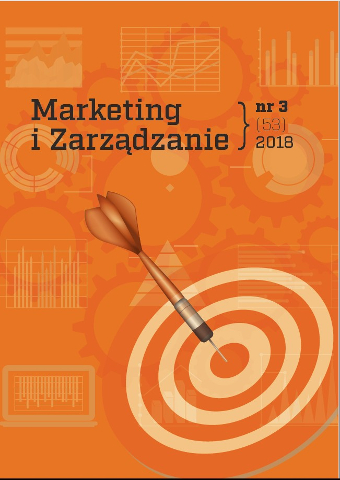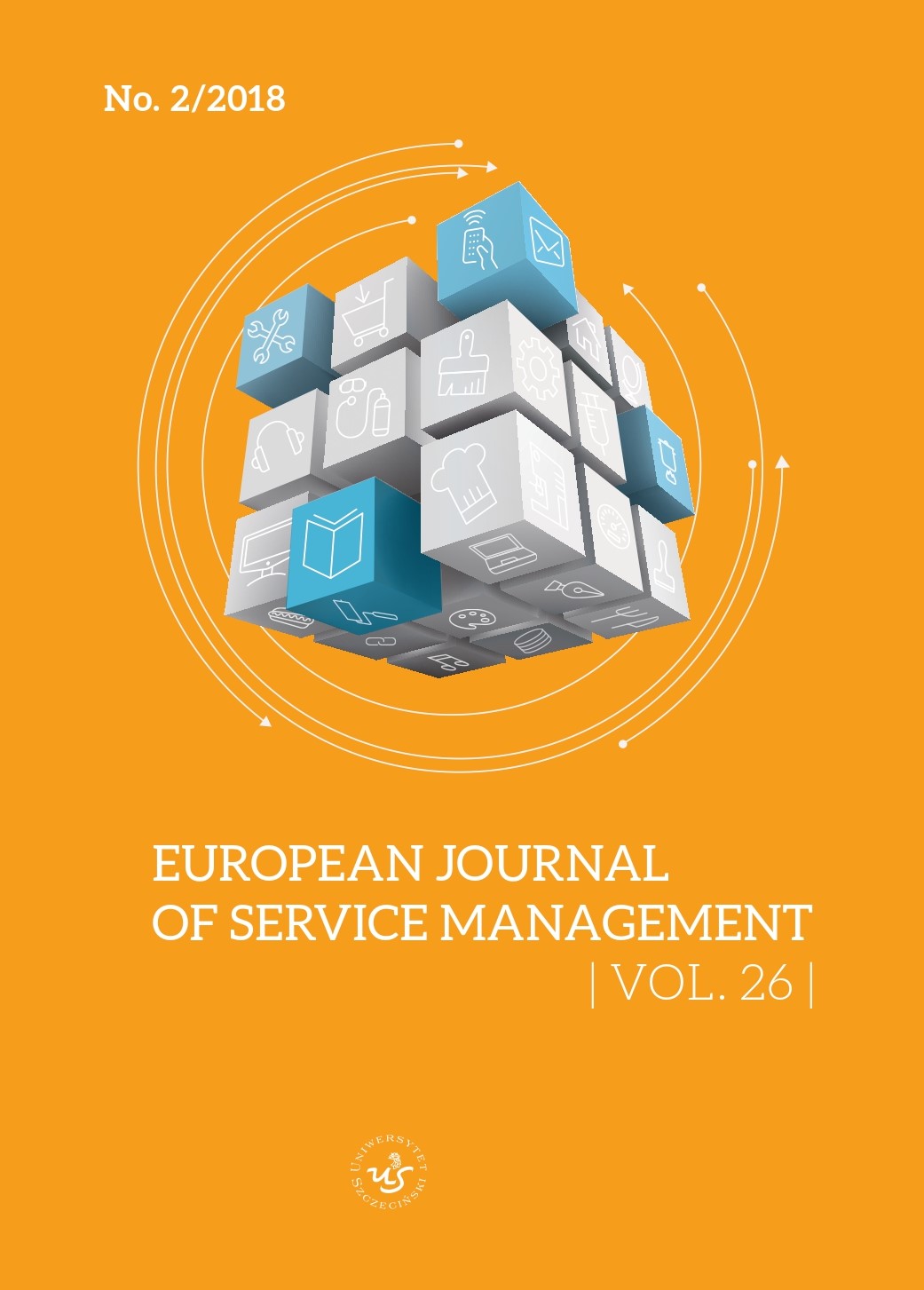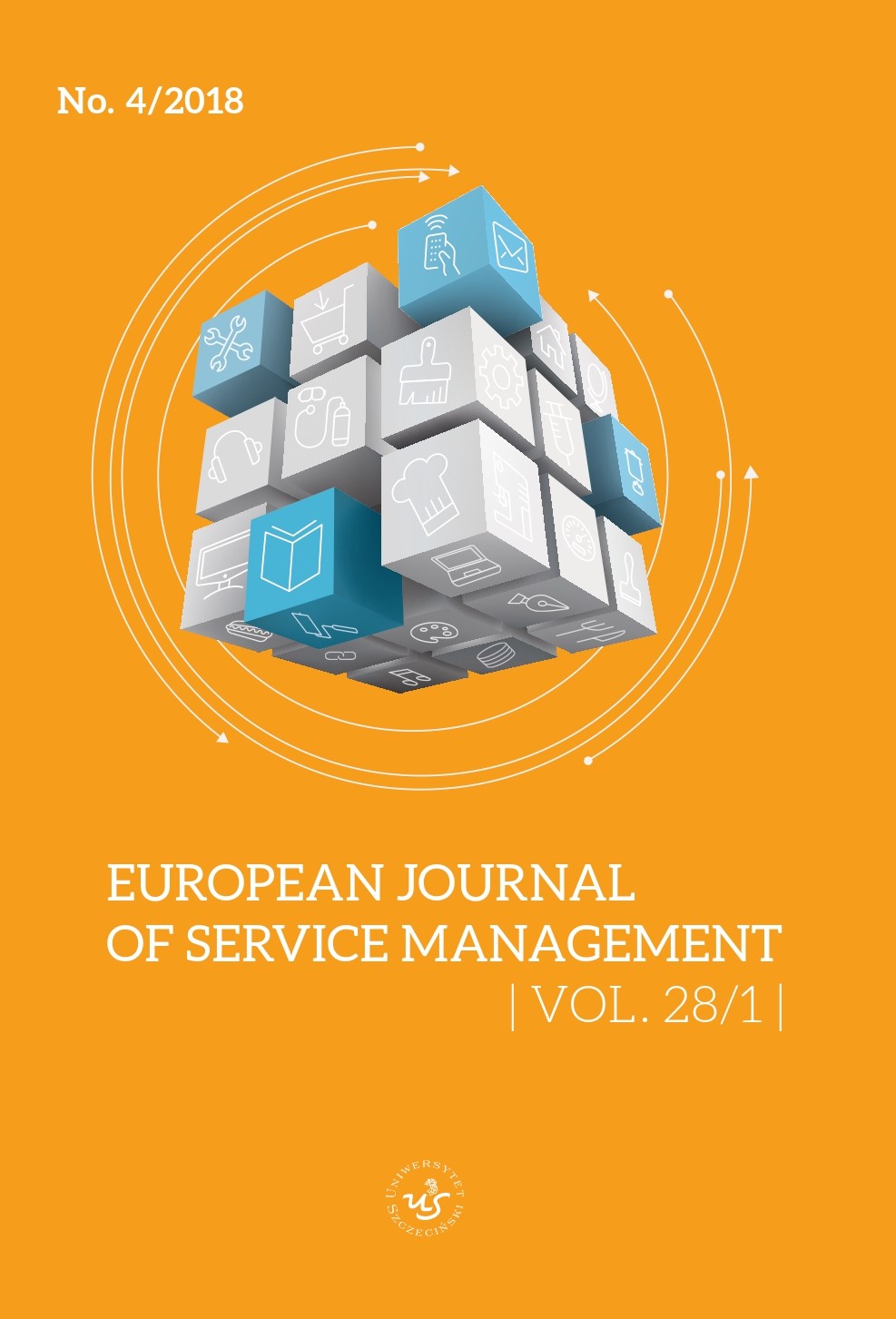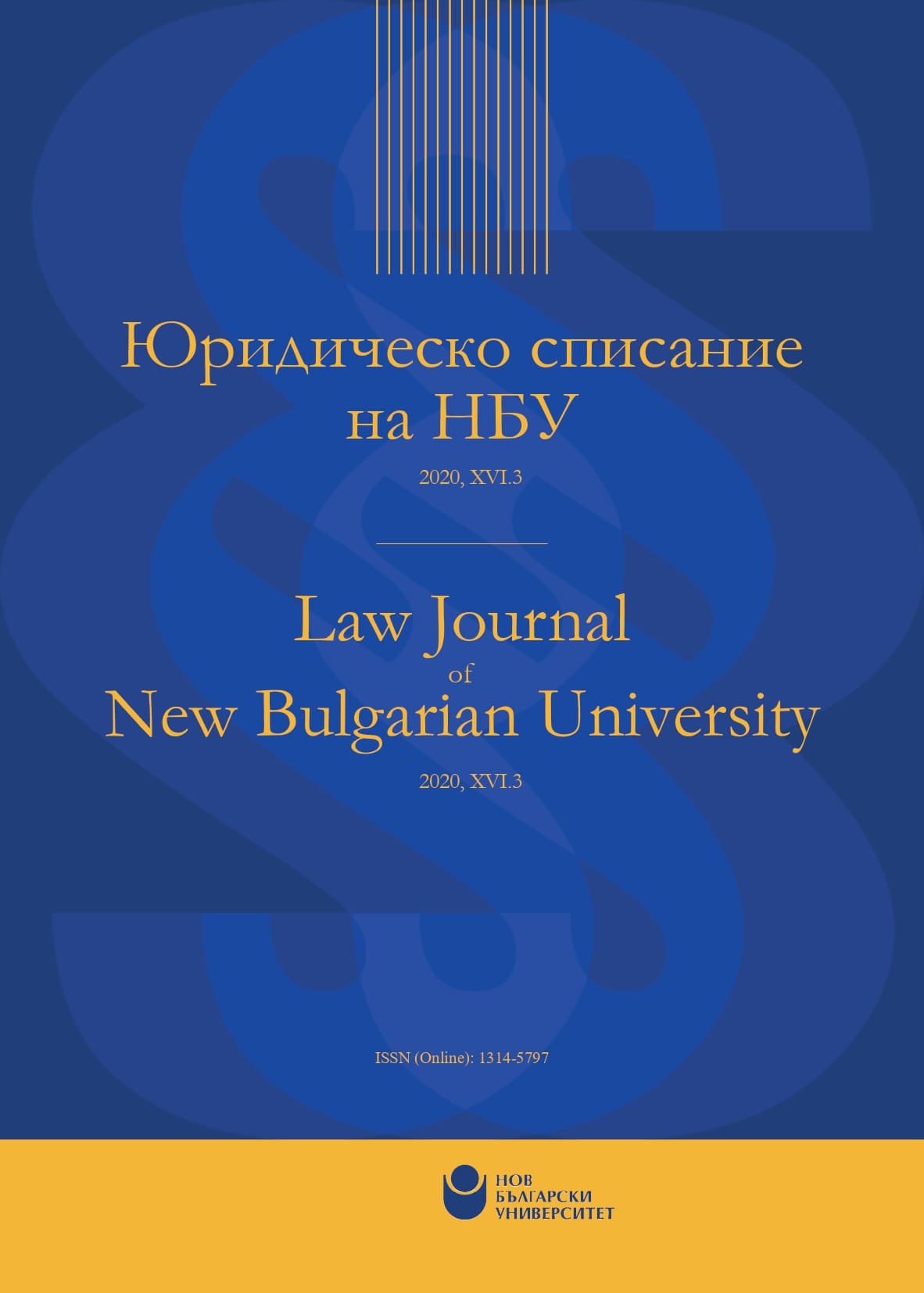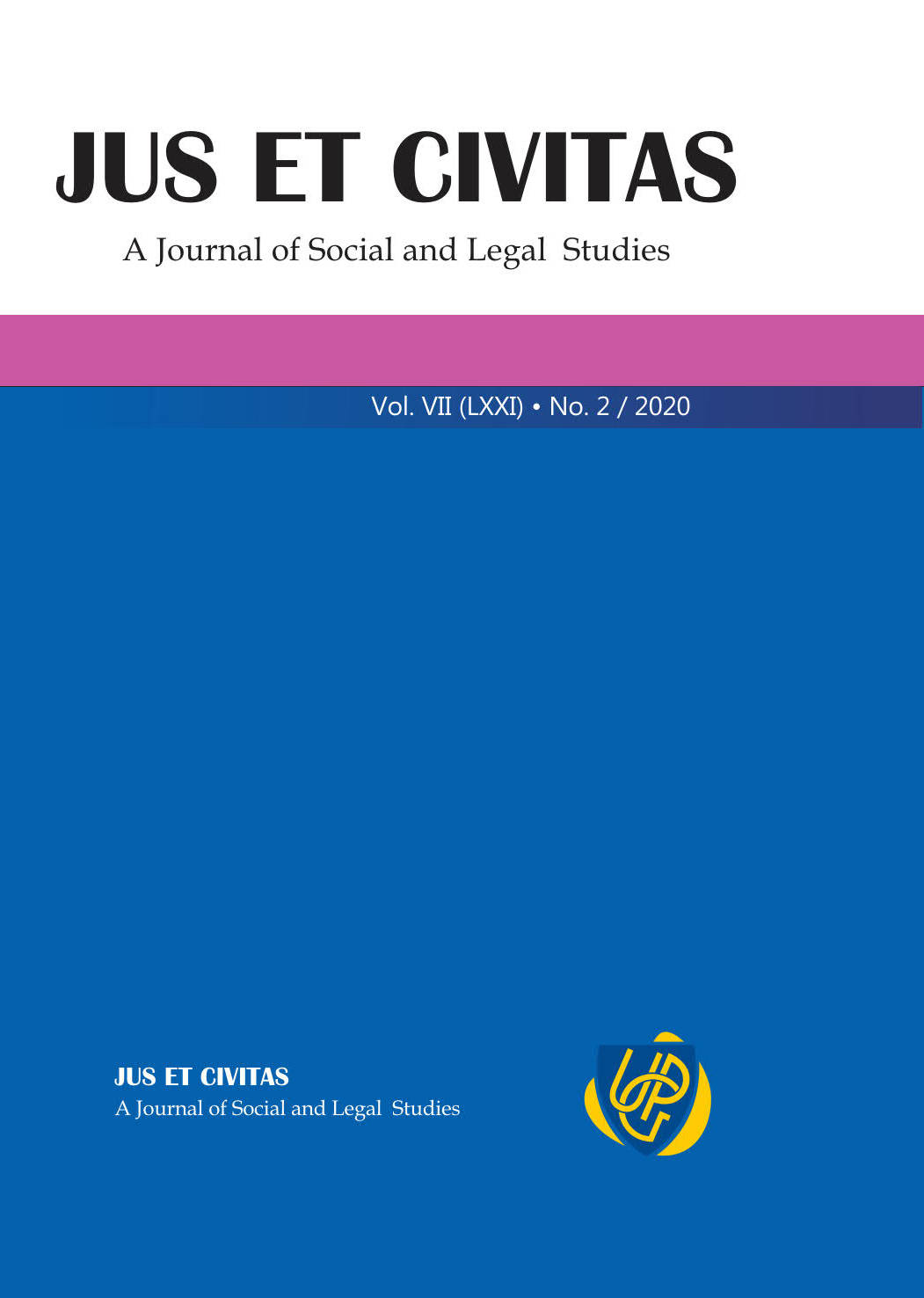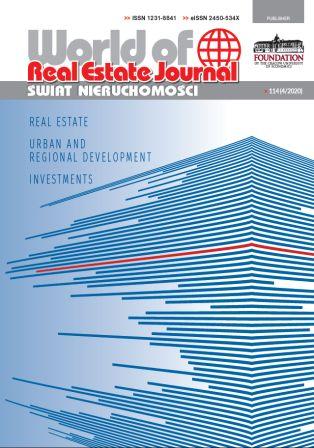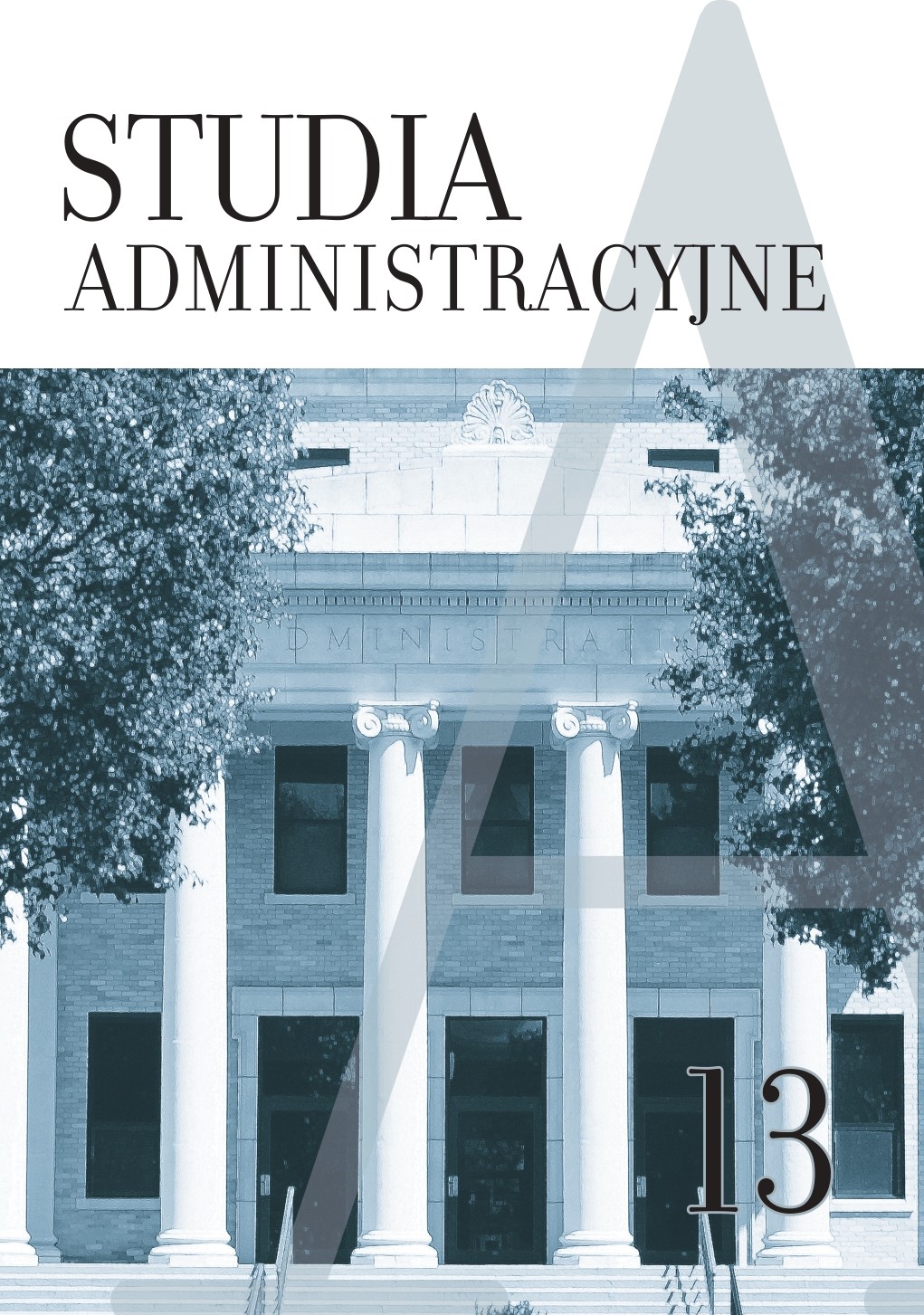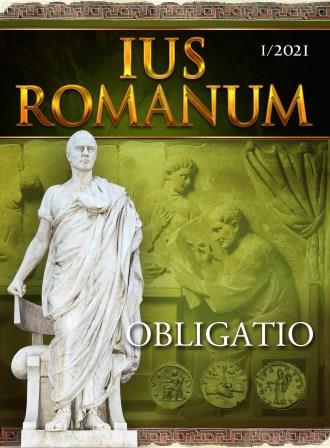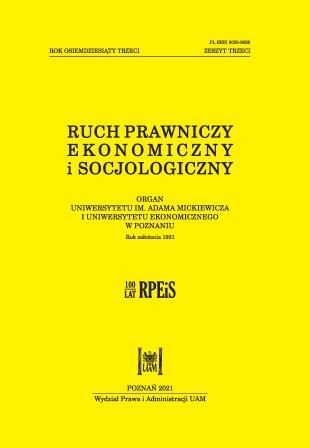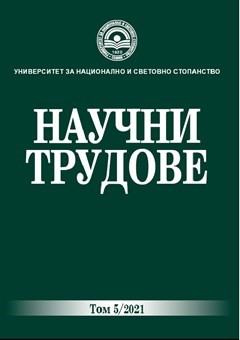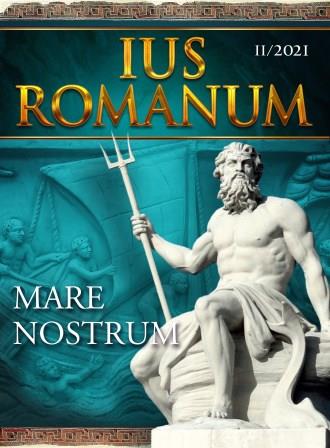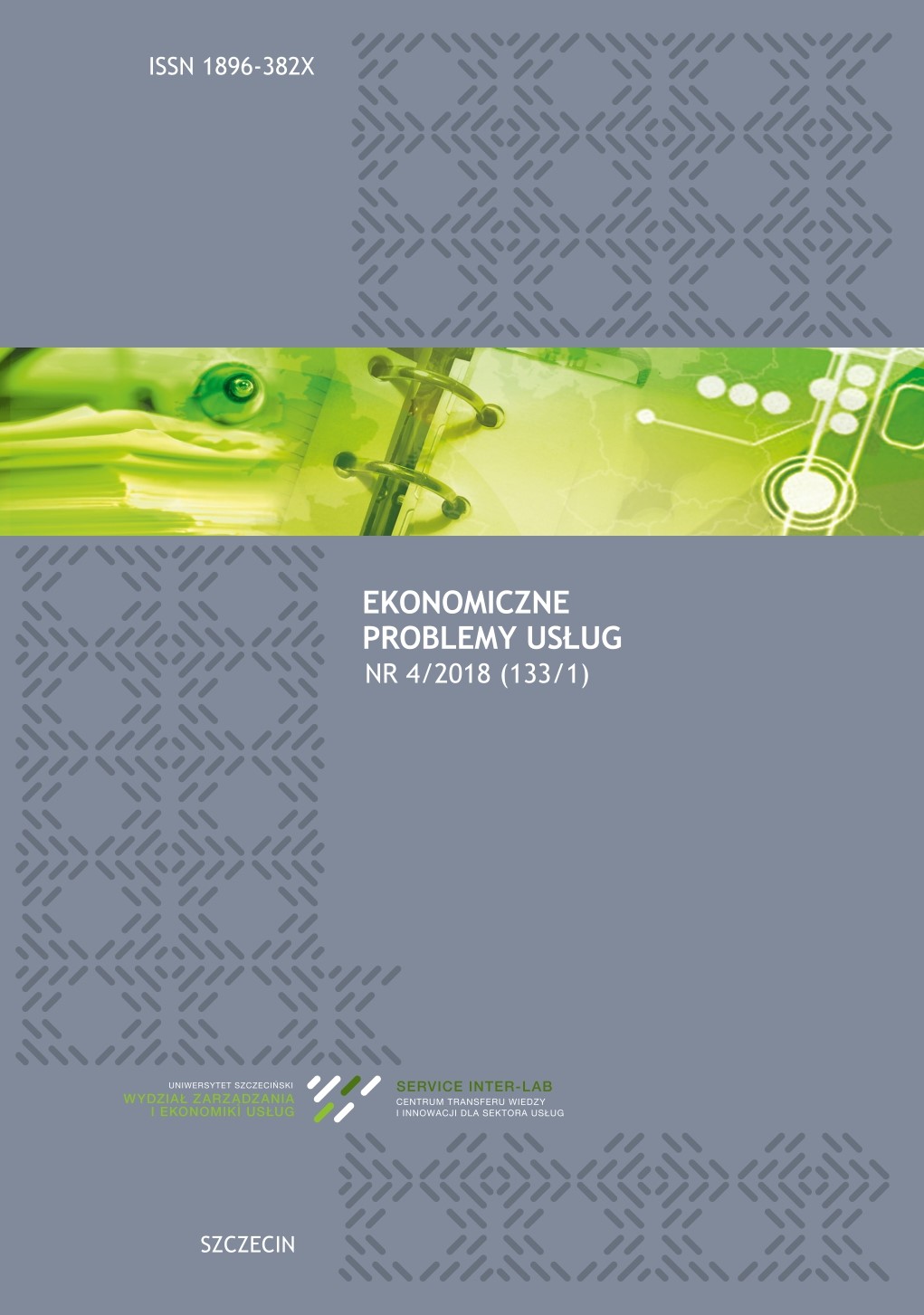
Władztwo finansowe jednostek samorządu terytorialnego w kontekście uprawnień gminy
The subject of this paper is the analysis of financial and fiscal sovereignty of municipality. Financial and fiscal sovereignty of municipality are important elements of the wider category which is independence of municipality. The purpose of this paper is to characterize the municipality from the point of view of its ability to collect incomes, especially taxes and from the point of view of entitlement of municipalities in the sphere of lawmaking of local tax law. The research objects are primarily art. 168 and 217 of the Constitution of the Republic of Poland, which regulate, respectively, limited fiscal sovereignty of municipality and fiscal sovereignty of state. Two research methods were applied in the work: the dogmatic-exegetical method and the analytical method. This methods were used to study of the legal doctrine of the self-government, constitutional and tax law, the jurisprudence of the Constitutional Tribunal and the above-mentioned provisions of the Constitution of the Republic of Poland. This analysis allowed to formulate some important conclusions, among which one should be pointed out: the imposition of public levies is the exclusive right of legislative bodies but to the extent established by statute municipalities shall have the right to set the level of local taxes and charges.
More...
